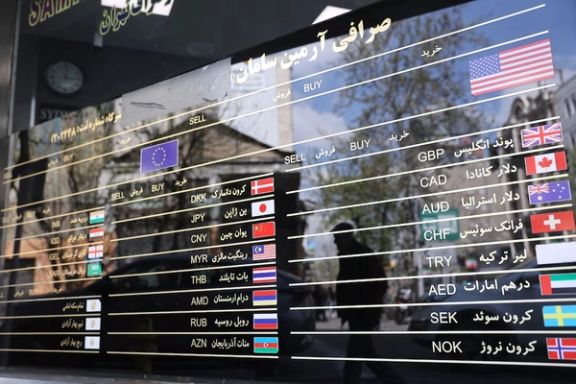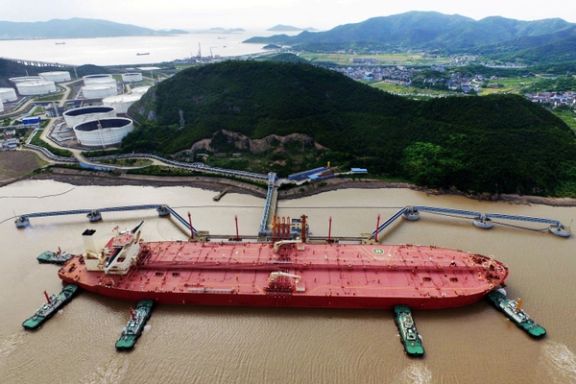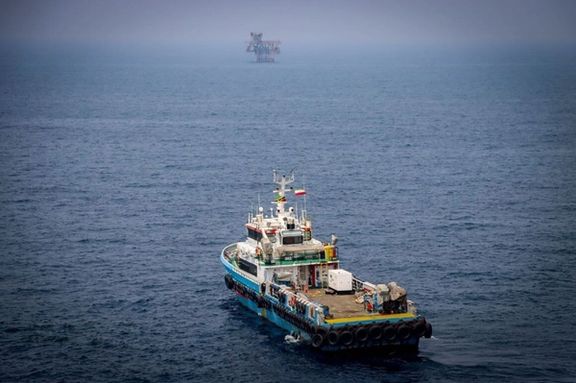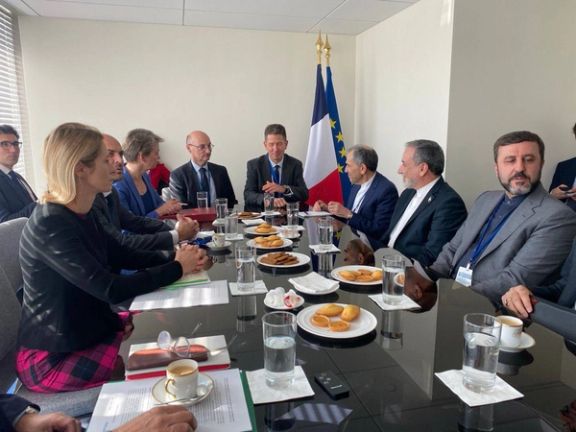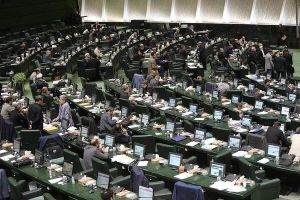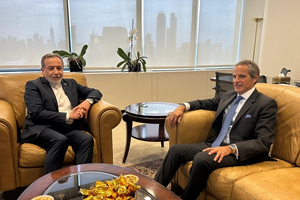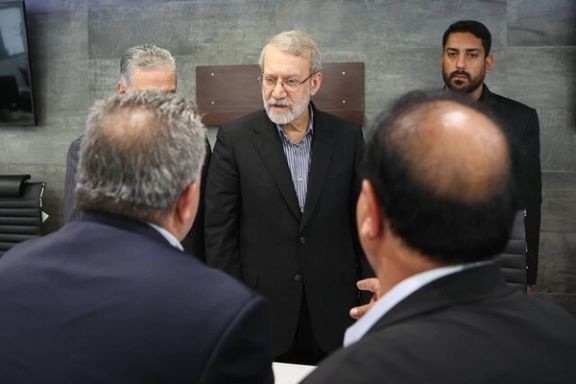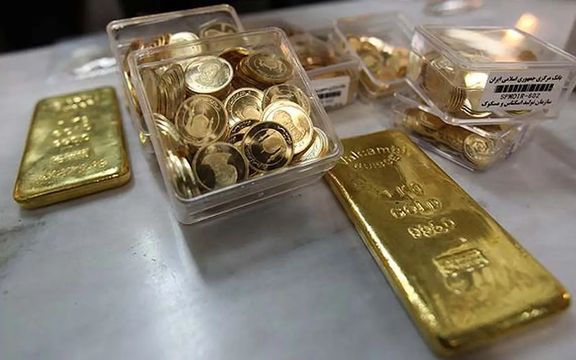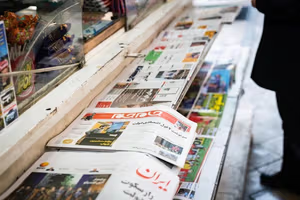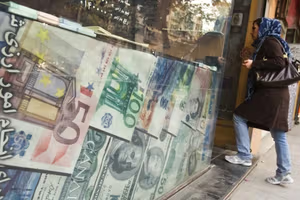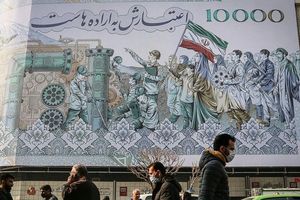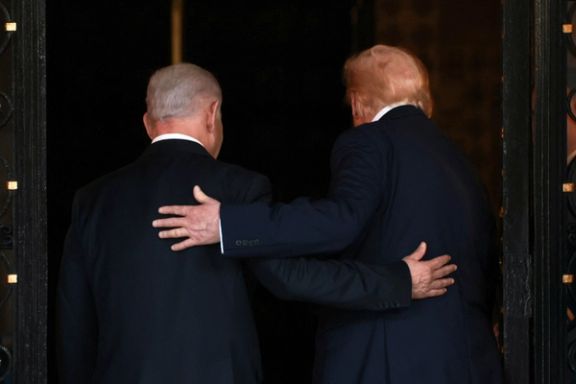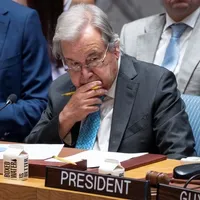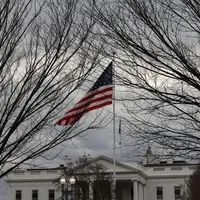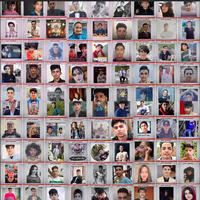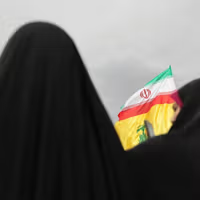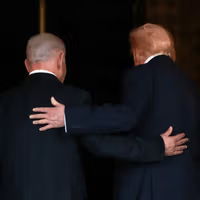National Iranian Oil Company (NIOC) chief Hamid Bord in a February speech set an ambitious target of raising production by 400,000 barrels per day (bpd) this year, putting AI and digital reservoir management at the center of the plan.
These tools use data modeling and automation to map underground reserves, optimize drilling, and improve recovery rates from aging fields.
Bord urged Iran’s knowledge-based firms to launch pilot projects for smart drilling and enhanced recovery, hoping to boost output despite sanctions and isolation.
More than six months later the vision remains unrealized, with exports roughly steady at around 1.7 million bpd with stiff US sanctions only increasing since the return of US President Donald Trump and his so-called maximum pressure sanctions in January.
Major obstacles
The gap between high-tech ideas and field-level execution remains wide.
Early trials have already exposed operational problems and underscored the heavy responsibility on NIOC to turn innovation into results.
The cash required for such projects is also scarce. Whatever capital is available is drained away by aging infrastructure, maintenance backlogs, surging domestic demand and sanctions that block access to equipment.
Iran hemorrhages the value of about four out of every five barrels of oil it manages to export, a former senior US Treasury official told Iran International last week, as sanctions forced funds to be lost in corrupt smuggling networks.
Tehran casts this push as part of a broader sanctions-resilience strategy.
By investing in high-tech solutions and formalizing technology integration, it hopes to build an advanced, adaptable export network more resilient to blockade or interception.
Expanding capacity through digitization also carries geopolitical stakes: more barrels could strengthen Iran’s position within OPEC and global markets, offsetting its diplomatic isolation.
But scaling innovations in Iran’s difficult oilfields is another matter.
Many startups lack the resources and experience to apply their technologies at scale, leaving NIOC to supervise integration in hostile operating conditions.
Rising gas consumption—already above one billion cubic meters daily—is adding to the strain, diverting investment from oil exports and worsening supply-demand imbalances.
Big prize, little chance
If those hurdles can be overcome, the payoff would be significant.
Advanced drilling and AI-driven recovery could extend the life of aging fields, stabilize revenues and reduce reliance on costly new reserve exploration. Building a knowledge-based ecosystem might also diversify the economy, generate jobs, and spur research and development.
Limited international partnerships, including with European universities, provide channels for technology transfer and best practices, blending local innovation with selective global input.
Iran’s tech-driven oil strategy reflects determination to sustain its role in global energy despite sanctions and isolation. But its success hinges on closing the gap between vision and implementation while managing surging domestic demand—a tall order as UN sanctions are set to snap back within days.
